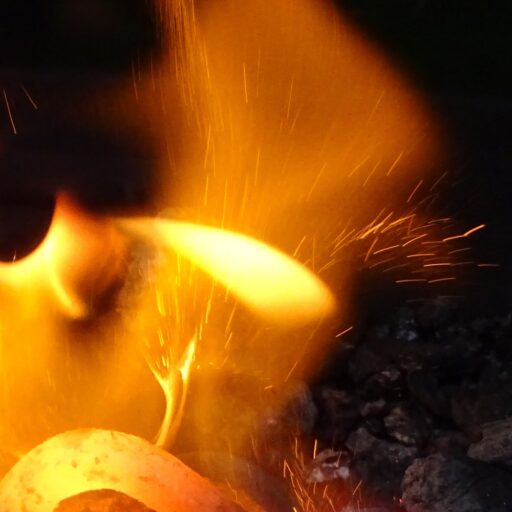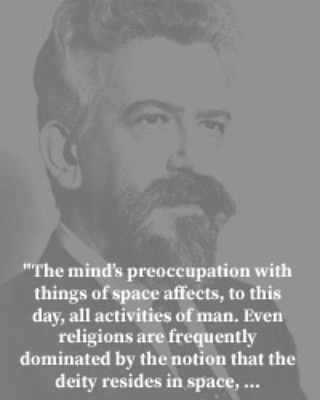
Nach den vielen Heschel-Zitaten über den Sabbat als Heiligung der Zeit und den Unterschied zwischen Zeit und (den Dingen des) Raum diesmal am Freitagnachmittag ein Zitat zum Thema „Ding“ (oder nicht) des Philosophen Alva Noë:
„Schabbat Schalom 8“ weiterlesen







